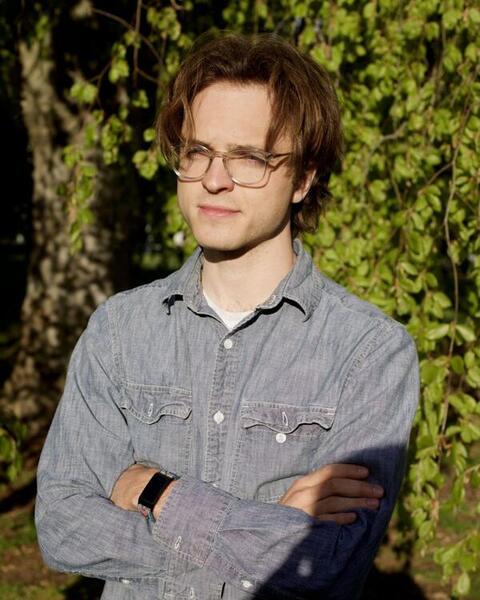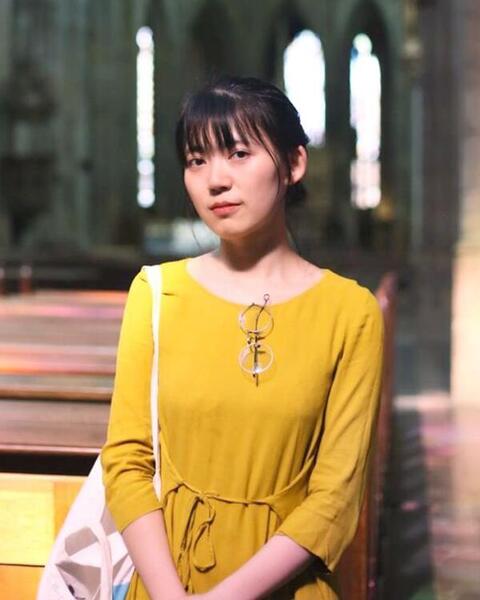2021-2022 Franke Fellows
Franke Undergraduate Fellows

Nico Taylor
Moral philosophy, as it’s practiced today, is a “soft,” non-numerical science. Given that physics, psychology, and even biology, began as philosophical undertakings before “evolving” into scientific––and moreover, mathematical––disciplines, it’s worth considering what sets ethics apart. My research plumbs the history of the intersection between mathematics and moral philosophy to seek insight into what distinguishes the latter as a discipline, as well as what the future of that intersection might look like. Eventually, I aspire to develop analytic tools, not just for moral philosophers, but for all people concerned with thinking precisely about ethical questions. To that end, the mathematization of moral philosophy poses a viable, even elegant, solution.

Chie Xu
Bio coming soon
Franke Graduate Student Fellows

Diego Ellis Soto
Diego Ellis Soto joins us again as a 2021/2022 Franke Graduate Fellow.
Diego is a fourth year doctoral student in the Department of Ecology and Evolutionary Biology. His research focuses on how biodiversity across the world responds to current and future climatic conditions in a rapidly warming world. Diego tests ecological theory using emergent technologies (animal GPS collar data, drone imagery, citizen science data, satellite imagery, statistical modeling). Diego is particularly interested in understanding “how, why, when and where” species move at local, regional and global scales. This is crucial to predict the ecological consequences of such species re-distributions under increased human activities and changing climates. While the bulk of his PhD involves sitting between a computer screen and a desk chair coding, Diego has performed fieldwork and research on the ecology giant tortoises in the Galapagos Islands for the past nine years and is passioned about scientific communication. Prior to joining Yale, Diego performed his undergraduate (B.Sc. in Environmental, University of Trier) and his graduate studies (M.Sc. University of Konstanz) in Germany and worked at the Max-Planck Institute for Animal Behavior.
When not working, hobbies include walking his dog Olive, flying drones, producing and djing electronic music. In the past Diego performed at electronic music festivals in Germany, Ecuador and the Netherlands. He is increasingly interested in combining electronic music with soundscape ecology using open source technologies. Diego aspires to bring the humanities and the natural sciences together, both at work and in his spare time.
Twitter: https://twitter.com/Diego_EllisSoto
Soundcloud https://soundcloud.com/diegoellis

Alice Lu-Culligan
Bio coming soon

Chihiro Larissa Tsukamoto

Jia Weng
Franke Post-Doctoral Fellows
